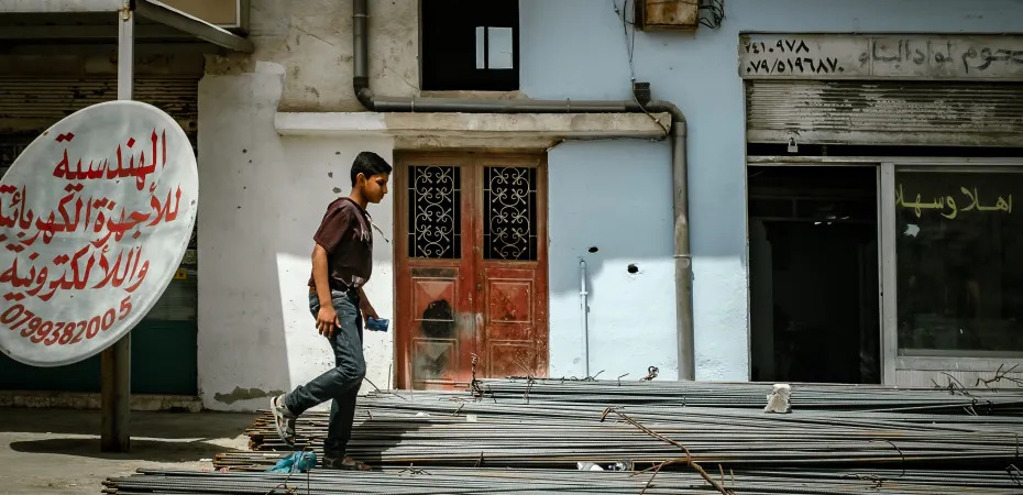Canada doesn’t have an outstanding record when it comes to the Middle East.
The 20-year anniversary of the disastrous Iraq War only cemented the criminality of the United States’ action. The U.S.’s baseless argument about the existence of WMDs as a pretext to invade Iraq, resulting in the murder of hundreds of thousands of Iraqi civilians is still disavowed as being an unequivocal wrong decision by major media outlets.
While Canada’s role in the invasion of Iraq was limited, and Canada even played an important role in de-escalating the 1956 Suez Crisis, Canada’s 13-year involvement in the war in Afghanistan starting in 2001 saw the Canadian government united with the Americans in attacking the Taliban.
Importantly, the Taliban was propped by the U.S. throughout the final decades of the Cold War as seen in Operation Cyclone. U.S. officials even stated that they didn’t regret funding the Taliban because the USSR was a greater existential threat to Europe than some Middle Eastern militias.
Despite this, Canada went alongside the U.S. in invading after 9/11. Much of the proof that Afghanistan was behind the 2001 attacks was revealed through the 9/11 Commision Report which secured information through torturous methods, mostly waterboarding.
The war in Afghanistan still shows little proof that it did anything in helping the region from Taliban rule as the Trump administration reduced the number of American troops to the lowest level in over a decade.
There was certainly an economico-energy aspect to the invasion as well, just as there was with Iraq as Naomi Klein’s The Shock Doctrine famously argued in 2006.
In Michael Keefer’s essay on the topic of Canada in Afghanistan he points out the following:
“US and Canadian government officials have scoffed at the notion that energy geopolitics had anything to do with the invasion and occupation of Afghanistan. But in June 2008 the distinguished petroleum economist John Foster, who has worked for British Petroleum, the World Bank, Petro-Canada, and the Inter-American Development Bank, published a monograph on the subject of plans for a $7.6 billion Turkmenistan-Afghanistan-Pakistan-India (TAPI) natural gas pipeline that was going to be built, at American insistence, in 2010—and the Canadian government acknowledged that Canadian forces would indeed be assigned to protect the pipeline, whose route lies through Kandahar province, where most of our casualties have been suffered.”
Extending beyond Afghanistan and ties to the U.S., Canada still refuses to condemn the illegal Israeli occupation of Palestine and its harsh apartheid policies. In fact, Canada was one of the first countries to legitimize the state of Israel after the 1948 war in which Israel’s mandate on the region was given ascent by the United Nations despite the Jewish population being a third of the total population in the country at the time. Canada remains a trade partner and a symbolic ally to Israel to this day.
Canada also continues to be among the top exporters of arms to the monarchical, human-rights abusing Saudi Arabian government. The Saudis have also waged an illegal war against the people of Yemen, which Canada refuses to use as justification to stop trade.
The Canadian role in the destabilization of the Middle East over the past several decades is unacceptable.

